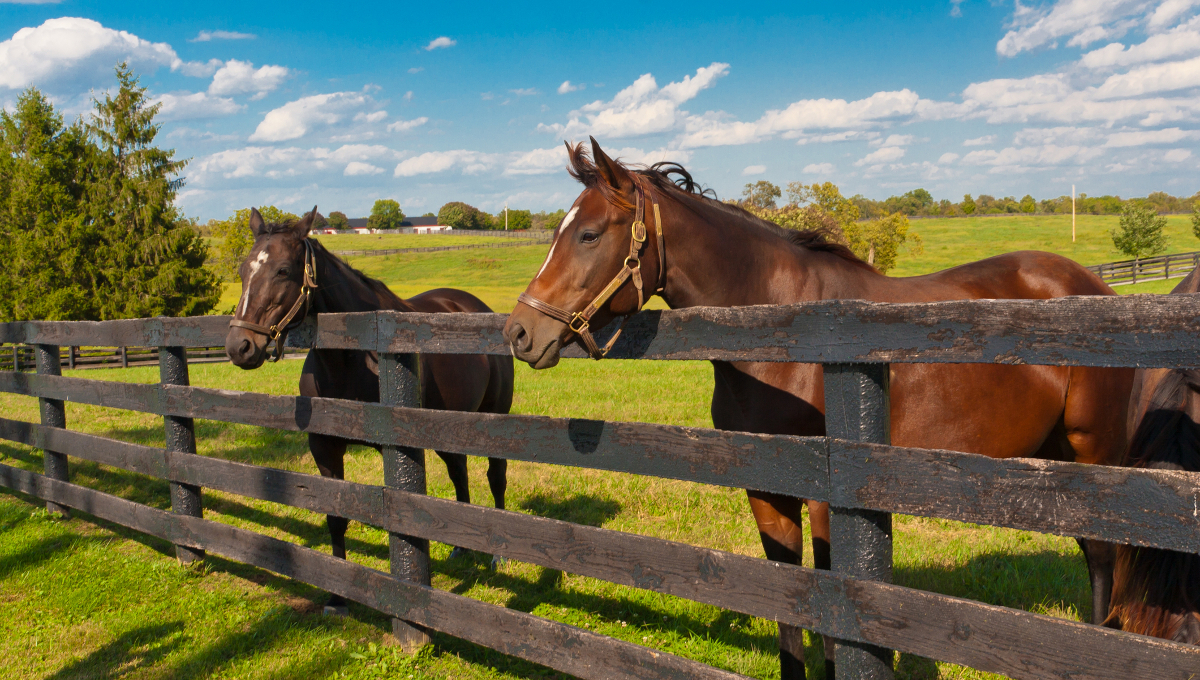
In a world dominated by large-scale industrial food production, making the conscious choice to buy from small farmers and producers has a profound ripple effect, benefiting not just your health, but also your community and the environment. Choosing local foods helps build a resilient local economy, fosters a deeper connection with what nourishes you and supports a sustainable food system that prioritizes quality over mass production. When you purchase goods from small farmers and producers, you are investing in your local economy.
Unlike large corporate food chains, which siphon profits to distant headquarters, small farms and independent businesses keep money circulating within the community. For every dollar spent at the local farmers market or small grocery stocked with regional products, a greater portion stays within the community, paying farm workers fair wages. The quality of small batch foods is about more than just supporting others.

The food you eat is a direct link to the Earth and a key component of self-care. When you take the time to learn where your food comes from and what is in it, you cultivate a deeper awareness of what you are putting into your body. Supermarket shelves are lined with ultra-processed products filled with preservatives, artificial flavors and genetically modified ingredients.
Often, these foods travel thousands of miles before reaching your plate, losing freshness and nutritional value along the way. By contrast, locally grown produce is harvested at peak ripeness and typically sold within days, ensuring maximum nutrient density. Beyond nutrition, knowing your food’s source can also be an act of self-empowerment.
When you develop relationships with farmers and food producers in your area, you gain insight into their growing methods, their values and their dedication to quality. “Many customers appreciate learning about the origins of their food and the benefits of local ingredients,” said Jessica Flynn of Olde Crow Bake Shoppe in Muhlenberg Township. “Once they see how their purchases support small businesses and farms, they feel more connected to what they’re buying.
” This knowledge allows you to make conscious choices that align with your well-being and values, fostering a more intuitive connection between what you eat and how you feel. Cooking from scratch with locally sourced ingredients is one of the most impactful ways to transform your health and reduce your environmental footprint. Processed foods often contain additives, preservatives and unhealthy fats that disrupt gut health, leading to inflammation, digestive issues and weakened immunity.
By preparing meals with fresh, whole ingredients, you nourish your microbiome — the complex ecosystem of beneficial bacteria that plays a crucial role in digestion and overall wellness. Gut health is directly linked to immunity, mental well-being and even hormone balance. When you consume a diverse range of local, organic foods, especially fermented items like yogurt, sauerkraut or naturally leavened sourdough, you introduce beneficial probiotics and fiber that support a thriving gut microbiome.
Cooking with local ingredients also fosters a deeper appreciation for the rhythms of nature. Eating seasonally, choosing asparagus in spring, tomatoes in summer, squash in fall and hearty greens in winter, connects you to the cycles of the land and encourages a more sustainable, intuitive approach to nourishment. One particularly powerful example of how local foods can impact health is unfiltered raw honey.
Many allergy sufferers have found relief through consuming honey harvested from their region. But how does this work? Local honey contains small traces of pollen from the plants growing in your area, the same airborne allergens that trigger seasonal allergies. When consumed regularly, especially in its raw form, honey acts like a natural allergy shot, introducing tiny, manageable amounts of pollen into the system.
Over time, this exposure helps desensitize the immune response, reducing the severity of allergic reactions. “When we started our homestead, our dream was to be more self sufficient and less reliant on grocery stores,” said local beekeeper Jason Smith of Hickory Hives & Apiary in Centre Township. “Now we strive to provide a premium product to our customers.
I enjoy educating customers on the different nectar sources and biology of honey bees.” Beyond its allergy-fighting properties, raw honey is also a powerhouse of nutrients and enzymes that support digestion, boost immunity and promote wound healing. Unlike commercial honey, which is often ultra-pasteurized and stripped of its beneficial properties, raw local honey retains its full spectrum of vitamins, antioxidants and antibacterial compounds.
Adding a spoonful to warm (not boiling) tea, drizzling it over yogurt or incorporating it into homemade dressings and marinades allows you to enjoy both its flavor and health-boosting properties. Choosing to support local farmers and food producers is more than just a trend, it’s a return to a way of life that prioritizes quality, sustainability and deep nourishment. By making small shifts, such as shopping at farmers markets, cooking from scratch and integrating local superfoods like honey, you cultivate a more intentional, connected relationship with your food, your body and the land that sustains you.
In doing so, you become part of a larger movement, one that values community resilience, regenerative agriculture and the profound healing power of nature’s bounty. Be sure to check out the West Reading Farmers Market, where local farmers and producers set up all winter long on South Sixth Avenue. Winter dates: March 2, 16, 30; and April 13, 27.
Winter hours: 10 a.m.-noon.
Opening day: May 4, 10 a.m.-1 p.
m. Visit westreadingfarmersmarket.com for more information.
Kendra Giangiulio is the manager of the West Reading Farmers Market..














